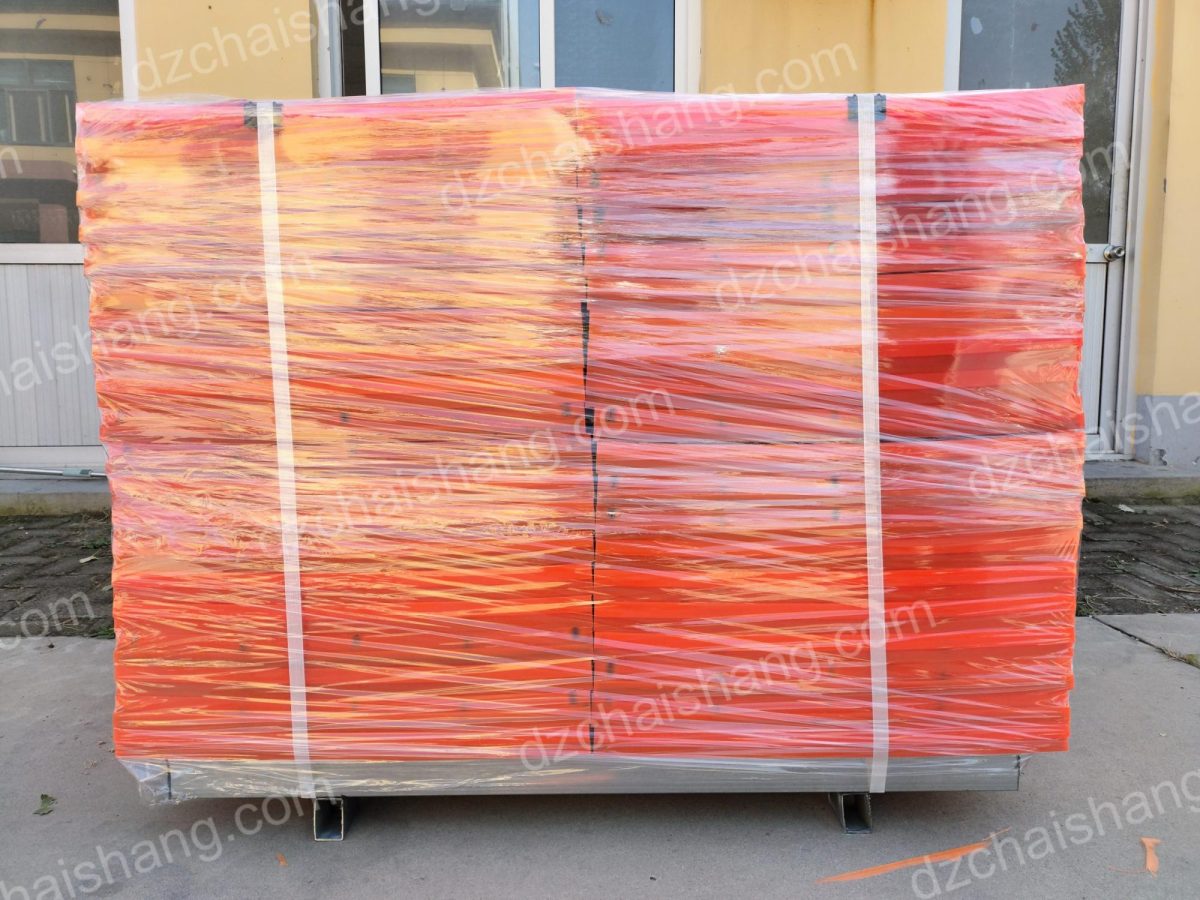- 12
- Jun
rubber screen panel,PU screen ,dewatering sieve plate
Exploring the Versatility and Durability of Rubber Screen Panels
Rubber screen panels, PU screens, and dewatering sieve plates are integral components in the mining and aggregate industries. These products are designed to enhance the efficiency and longevity of screening equipment, providing a robust solution for various screening applications. The versatility and durability of these products make them a preferred choice for many industry professionals.
Rubber screen panels are renowned for their flexibility and resilience. They are made from high-quality rubber materials that can withstand the rigors of heavy-duty screening operations. The panels are designed to absorb impact, reduce noise, and minimize wear and tear on the screening equipment. This not only enhances the performance of the equipment but also extends its service life, resulting in significant cost savings in the long run.
One of the key advantages of rubber screen panels is their versatility. They can be customized to fit any type of screening equipment and can handle a wide range of materials, from coarse aggregates to fine powders. This makes them suitable for various applications, including dewatering, scalping, sizing, and washing. Furthermore, rubber screen panels are easy to install and replace, making them a practical solution for fast-paced industrial environments.
Polyurethane (PU) screens, on the other hand, offer a unique combination of strength and flexibility. They are made from high-grade polyurethane materials that are resistant to abrasion, corrosion, and impact. This makes them ideal for applications that require high wear resistance and durability. PU screens are also known for their excellent screening efficiency, thanks to their precise sizing and superior material flow.
Like rubber screen panels, PU screens can be customized to meet specific application requirements. They are available in various sizes, shapes, and configurations, allowing for optimal performance in different screening conditions. Moreover, PU screens are lightweight and easy to handle, which simplifies the installation and replacement process.
Dewatering sieve plates are another essential component in the screening process. They are designed to remove water from wet materials, improving the efficiency and effectiveness of the screening operation. These plates are typically made from high-quality stainless steel or polyurethane materials, ensuring maximum durability and longevity.
Dewatering sieve plates are characterized by their high dewatering efficiency and excellent wear resistance. They can handle high flow rates and heavy loads, making them suitable for demanding industrial applications. Additionally, these plates are easy to clean and maintain, which contributes to their overall cost-effectiveness.
In conclusion, rubber screen panels, PU screens, and dewatering sieve plates are versatile and durable solutions for various screening applications. They are designed to enhance the performance and longevity of screening equipment, providing a robust and cost-effective solution for industry professionals. Whether it’s for dewatering, scalping, sizing, or washing, these products deliver exceptional results, proving their worth in the demanding world of mining and aggregate industries.
The Advantages and Applications of PU Screens in Various Industries
Rubber screen panels, PU screens, and dewatering sieve plates are integral components in various industries, particularly in mining, quarrying, and mineral processing. These tools are designed to filter and separate materials of different sizes, ensuring the efficiency and effectiveness of the operations. Among these, Polyurethane (PU) screens have gained significant popularity due to their unique advantages and wide range of applications.
PU screens are renowned for their durability and resilience. Unlike other materials, polyurethane is highly resistant to wear and tear, making it ideal for heavy-duty applications. It can withstand high levels of mechanical stress and extreme temperatures without losing its structural integrity. This durability translates into longer service life, reducing the need for frequent replacements and thereby lowering operational costs.
Another notable advantage of PU screens is their flexibility. Polyurethane is a versatile material that can be molded into various shapes and sizes to meet specific requirements. This flexibility allows for the creation of custom screens that perfectly fit the equipment, enhancing the efficiency of the screening process. Moreover, PU screens can be designed with different aperture shapes and sizes, enabling precise control over the size of the particles that pass through.
PU screens also offer superior performance in terms of noise reduction. In many industrial settings, noise pollution can be a significant concern. The inherent properties of polyurethane help to absorb sound, resulting in quieter operations. This not only contributes to a safer and more comfortable working environment but also helps to comply with noise regulations.
The benefits of PU screens extend beyond their physical properties. They are also environmentally friendly. Polyurethane is a recyclable material, meaning that old or damaged screens can be reprocessed into new ones. This contributes to waste reduction and promotes sustainability in industrial operations.
The versatility and robustness of PU screens make them suitable for a wide range of applications. In the mining industry, they are used in dewatering processes to separate water from mined materials. Their high wear resistance makes them ideal for handling abrasive minerals. In quarrying, PU screens are used to sort and classify different sizes of rocks and stones. Their flexibility allows for accurate separation, enhancing the quality of the output.

In the recycling industry, PU screens play a crucial role in sorting and separating different types of waste materials. Their durability ensures they can handle the rigors of waste processing, while their customizability allows for precise separation of materials. In the food and beverage industry, PU screens are used in sieving processes to ensure the purity and quality of the products.
In conclusion, PU screens offer numerous advantages that make them an excellent choice for various industries. Their durability, flexibility, noise reduction capabilities, and environmental friendliness contribute to their growing popularity. Whether it’s in mining, quarrying, recycling, or food processing, PU screens play a pivotal role in enhancing operational efficiency and product quality. As technology continues to advance, it’s expected that the applications of PU screens will continue to expand, further solidifying their position in the industrial landscape.
